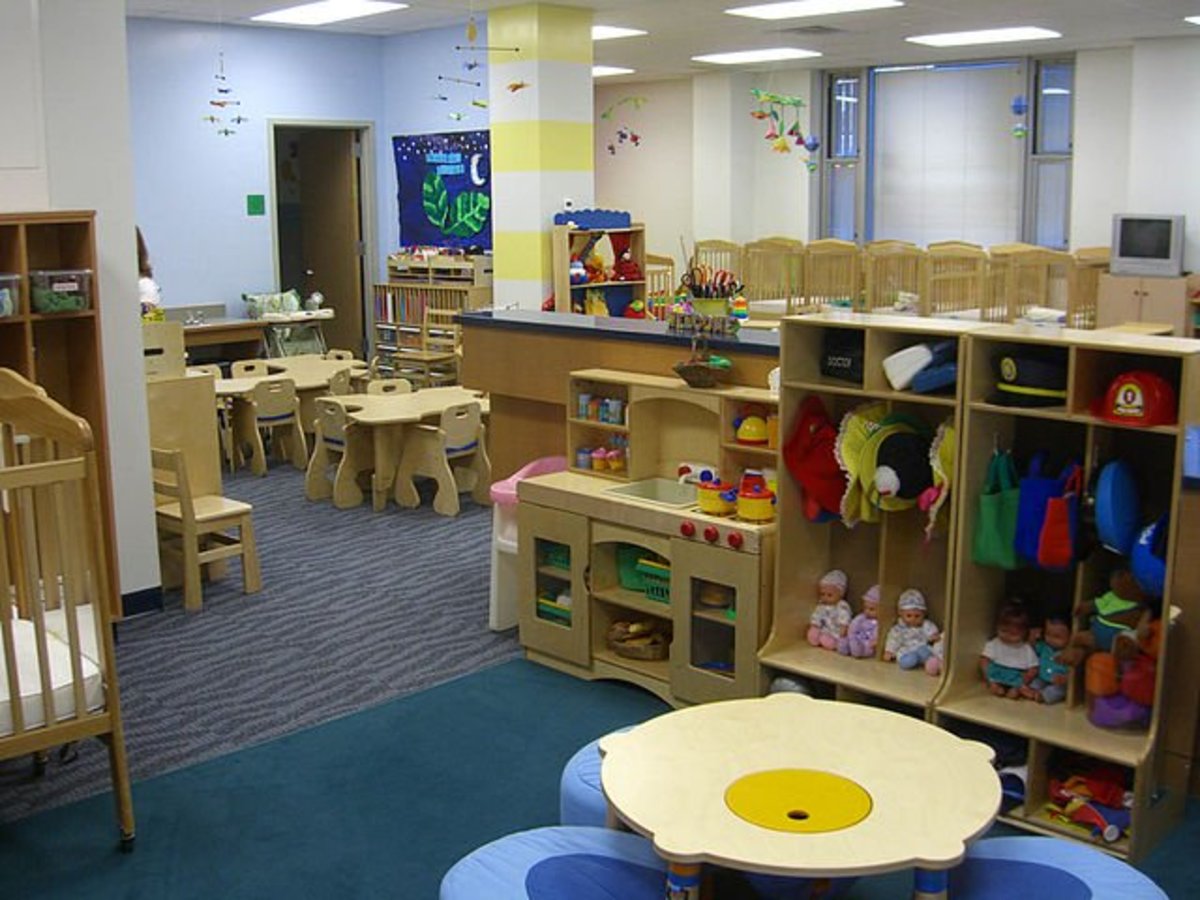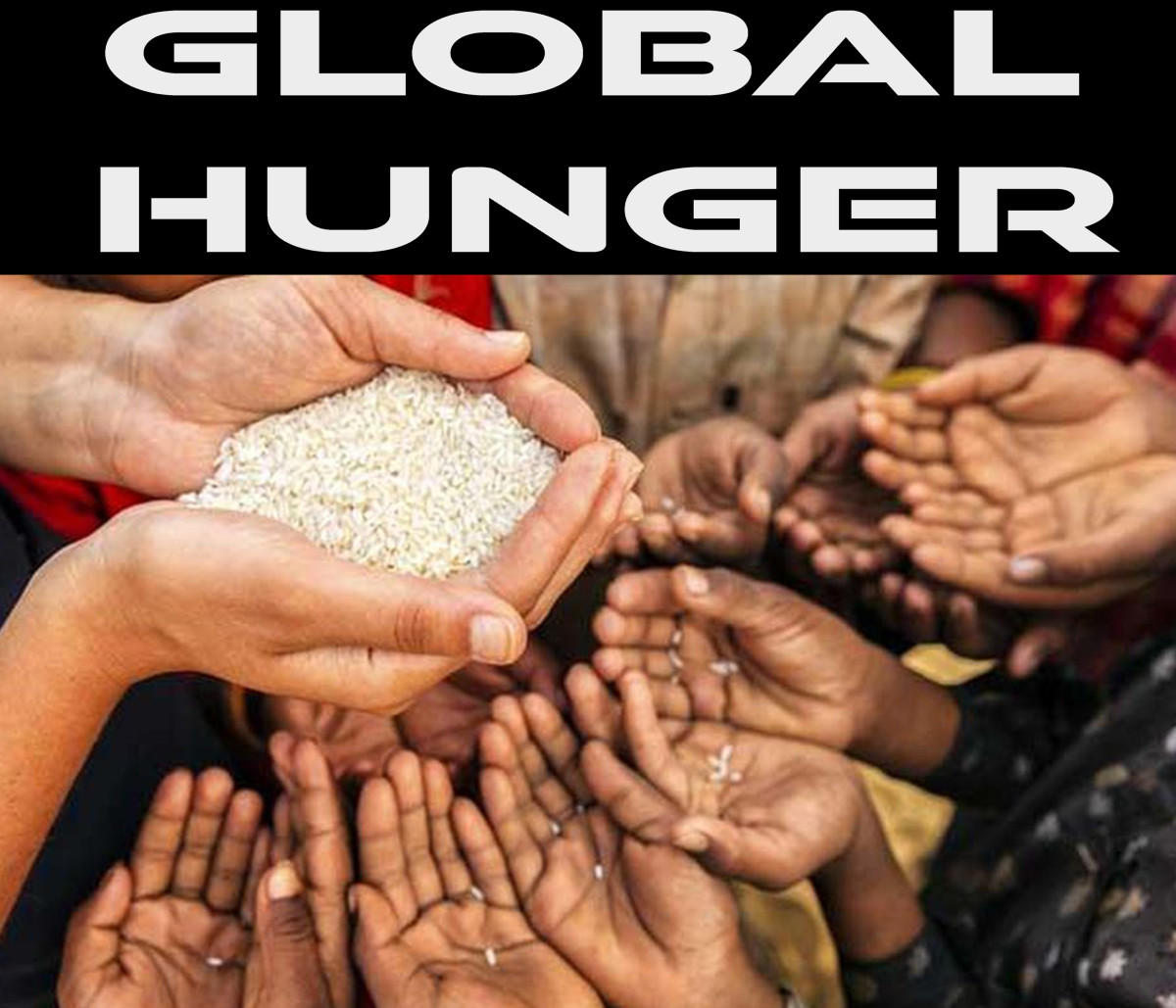How To Improve Access to Proper Healthcare for Children Worldwide
Do Children Have Access to Proper Healthcare?
Depending where you live in this world will depend on whether or not you agree or disagree that children do not have proper access to heath care. For example, if you live in the United States, a child has proper access to healthcare if their parents have health insurance and take their kids regularly to see medical specialists. However, if the parent doesn't have access to proper health insurance, and/or doesn't realize the importance of regular doctor visits and vaccinations, than no, there are children in the United States who don't have proper access to health care. In countries like Bangladesh, Bolivia, and Cambodia, the hospitals may or may not have the materials, specialists and facilities needed to assist children with their medical needs. Furthermore, if a child lives in rural Bangladesh, Bolivia or Cambodia versus a major urban center, might also determine whether or not the child has proper access to the doctors, medical facilities, and treatments needed for that child to grow. Additionally, even if the child has the proper facilities, doctors, and medical treatments near by, he or she might never be able to access them when in need because the child lives with a destitute family, a family that is uneducated about the benefits of modern medicine, or comes from a household where all decisions are made according to the patriarch, even when it comes to a child's medical care.
This article will explore in more detail about why is it that not all children have access to proper health care, and what could be done to resolve this issue.
Why Is Access to Medical Care Not Equal For All Children?
There are several reasons why the access to medical care for children is unequal around the world. First, is the fact that even though the medical facilities, medical professionals and medical treatments are available for children who need them, there are children who do not have access to them because their parents lack the insurance, finances and information needed to help their children get the proper health care they need. Second, children live in a rural or underdeveloped area where proper medical care facilities, treatments and specialists are not readily available. Third, the child lives in an under-developed or developing country where child-friendly medical facilities, specialists and treatments are currently unavailable, or available at a very embryonic stages where not all treatments, facilities and specialists are available and/or properly trained. Fourth, parents may be uneducated in regards to the benefits that modern medicine can have for their children. Fifth, the child lives in a family where decisions are made according to the patriarchal head of the household, which can either delay, postpone,or cancel the child's medical care, or even worse, the child never receives medical care. Sixth, the child in need of medical care comes from a family that lives in destitution, at the poverty level, or has no access to government medical benefits, nor the funds to pay for medical care needs.
The catalysts behind these reasons begins to get very complicated, but one thing that is a commonality is that the children of poor families normally cannot access medical care. This is because the families just don't have the funds, nor receive the medical insurance needed to care for the entire household. According to a survey done by the Center for Disease Control and Prevention with the NCHS, the amount of impoverished children has doubled since 1975, with an estimated 850,000 children in need of medical care for abuse alone, let alone mental illness, naturally occurring medical issues, and injuries. It is also hard to ignore the fact that immunization standards for children is well below the accepted rate and criteria of the US Maternal and Child Health Bureau. The US Maternal and Child Health Bureau did take initiatives to help alleviate the issues that have deterred US families from getting the health care their children need. These initiatives include guidelines for parents to take their children to health visits during pinnacle developmental periods. Even though these guidelines have been put in place, many children still do not have access to the healthcare they need because the family doesn't have health insurance, is of low income status, has a family structure that makes access to health care difficult for the children, ethnicity, and regional location.
The United States is not the only country where children are unable to get the medical care they need. According to the World Health Organization, about 9 million children under the age of five die every year around the world. About 60% of all deaths are caused by preventable, curable diseases: pneumonia, diarrhea, malaria, and measles. Other causes of child deaths include HIV/AIDs, infections, and prenatal and post-natal complications. The World Health Organization links the cause of many of these deaths to the lack of funds many families have to prove proper health care to their children and expecting mothers. Furthermore, 70% of these deaths are caused by a delayed response to the child and/or expecting mother's ailment.
Many of you reading this are probably asking yourselves: how can any parent delay needed medical care for their child, or a spouse delay sending his pregnant wife to the hospital when a child's mortality, and sometime's the pregnant mother's mortality, is at stake? There are several reasons, some of them are financial. However, I would argue that some of them are cultural. A few years ago, I recruited a bright, young research intern by the name of Leah Wibcane. As part of her application she submitted a very interesting white paper she did on public health issues with Senegalese children while she was an undergraduate at Yale University;. Through her ethnography in Senegal, she noticed that one impediment towards a child's ability to receive immediate health care was the cultural/traditional dynamic between husband and wife. According to Wibcane, most decisions in an ethnically Wolof Senegalese family are made by the father. Therefore, the father has to be convinced that the child's need to go to the doctor is indeed life threatening. Even if the mother is convinced, and/or realizes that her son's and/or daughter's condition needs medical attention, if the father says no, than the child cannot be taken for medical treatment. I remember how much Wibcane's research impacted my thinking regarding this issue, and i feel she has uncovered something that not most of us think about regarding how we can improve a child's access to healthcare, but a child's human rights as well. What Wibcane pointed out was the fact that a child's access to care might not only be determined by family income, but by the family structure. In particular, a family structure dependent on traditions an an unequal dynamic between the parents and children, especially in regards to serious decision-making situations such as the ability to seek medical care for a family member, especially a child.
How To Improve A Child's Access to Healthcare Worldwide
In conclusion, if the international community is to improve a child's access to healthcare around the world, than the international community will have to help bridge the gap between poverty and the access to medical care. There are non-profits like Child Care Worldwide, UNICEF, Save the Children, and Doctors Without Borders who help to provide health care services and/or assist impoverished families to make sure that every member, especially the children. However, the problems towards why many children have an unequal access to healthcare persists. Therefore, more and more domestic governments need to provide financial programs to help families, in particular children and expectant mothers, to gain facilitated accessibility to health care. Furthermore, non-profits and other non-state actors need to work with rural and/or impoverished communities to help families find way to find economic stability so that they can either find employment that offers health benefits and/or at least be able to afford annual exams, doctor visits, and other medical needs. In states that have limited medical resources, they need to either work with the international community, various non-state actors like non-profits and/or make legislative reforms to make medical care more effective, accessible, and reliable.
We Want to Hear From You
Please feel free to comment! Thanks for reading and please feel free to tell us what you think. However, if you comment, please follow these guidelines:
- Please do not use foul language in your comments
- Do not write anything that is insulting, negative or hateful against myself, the article or the subject
- Remember that it is alright for you to disagree, but if you disagree with anything in the article, please respond in an objective, polite, logical manner (as you would if you were in a classroom or at a meeting at work)
- Please keep your responses related to the article
- Please try to stay away from comments that are extremely emotional, especially if they are negative. I would rather the comment section be used as a forum to continue the subject as mentioned in the article.
Thanks so much and I hope to hear from you soon!





